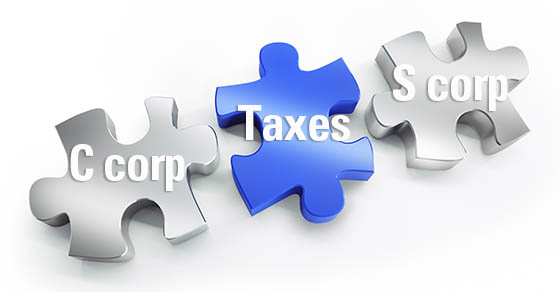Closing a business involves a number of tax responsibilities
While many facets of the economy have improved this year, the rising cost of living and other economic factors have caused many businesses to close their doors. If this is your situation, we can help you, including taking care of various tax responsibilities. To start with, a business must file a final federal income tax […]
Closing a business involves a number of tax responsibilities Read More »










